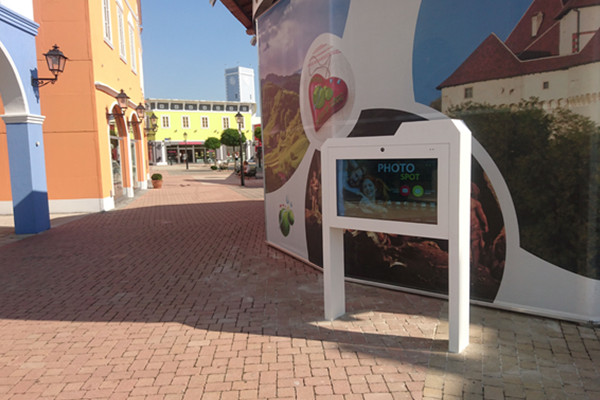Enhancing Civic Engagement through Interactive Touch Screen Kiosks
Enhancing Civic Engagement through Interactive Touch Screen Kiosks
In the digital age, interactive touch screen kiosks have emerged as a pivotal tool for government bodies to enhance civic engagement and streamline municipal services. These state-of-the-art kiosks serve as a bridge between the government and the public, offering a range of services from fine payments to emergency information. Let's delve into how these kiosks are revolutionizing government and civic services.
Municipal Services at Your Fingertips
Interactive touch screen kiosks installed in public spaces such as city halls, libraries, and other municipal buildings provide citizens with a user-friendly platform to access a multitude of city services. With just a few touches, residents can:
Pay Fines and Fees: No more waiting in long queues at the municipal office. Whether it's for parking violations or utility bills, payments can be securely processed through the kiosk's intuitive interface.
Access City Services and Information: Kiosks can serve as comprehensive information centers, offering details on public transportation, waste collection schedules, and public works projects. They can also facilitate various applications, such as permits and licenses, with easy-to-follow steps.
Empowering the Electorate
As a bastion of democracy, the kiosk plays an integral role in disseminating voting information. Citizens can interact with the kiosk to:
Find Polling Places: Users can quickly find their assigned polling stations by entering their address, making the voting process smooth and hassle-free.
Get Upcoming Election Information: Information on local, state, and federal elections is readily available, including dates, candidate information, and ballot measures.
Register to Vote: The kiosk simplifies the registration process, guiding citizens through each step and ensuring that more voices are heard on election day.
A Beacon in Emergencies
In times of crisis, access to reliable and immediate information can be lifesaving. Interactive kiosks serve as critical communication points:
Emergency Information: During natural disasters or public crises, kiosks can instantly provide essential information, such as evacuation routes, shelter locations, and safety instructions.
Hotlines and Contacts: Quick access to emergency hotlines, as well as non-emergency contacts for various city departments, ensures that citizens can reach out for help when needed.
Safety Tips: The kiosks can disseminate tips on how to prepare for emergencies, such as creating survival kits or preparing for extreme weather conditions.
The Future of Civic Interaction
These interactive kiosks represent more than just convenience; they are a testament to a government's commitment to transparency, accessibility, and modernization. By integrating these technologies, local governments can:
Promote Digital Literacy: Familiarizing citizens with digital interfaces which can help bridge the digital divide.
Reduce Administrative Burden: Kiosks can handle routine transactions, freeing up municipal staff to focus on more complex tasks.
Collect Valuable Feedback: Equipped with survey capabilities, kiosks can collect citizen feedback on various services and initiatives, providing governments with actionable insights.

interactive touch screen kiosks are not just tools for transactional purposes; they are cornerstones of a modern, engaged, and informed community. By offering a blend of municipal services, voting information, and emergency resources, these kiosks empower citizens and enhance the quality of civic life. As we continue to navigate the complexities of urban living, these kiosks will undoubtedly play an ever-growing role in fostering a more responsive and resilient society.
